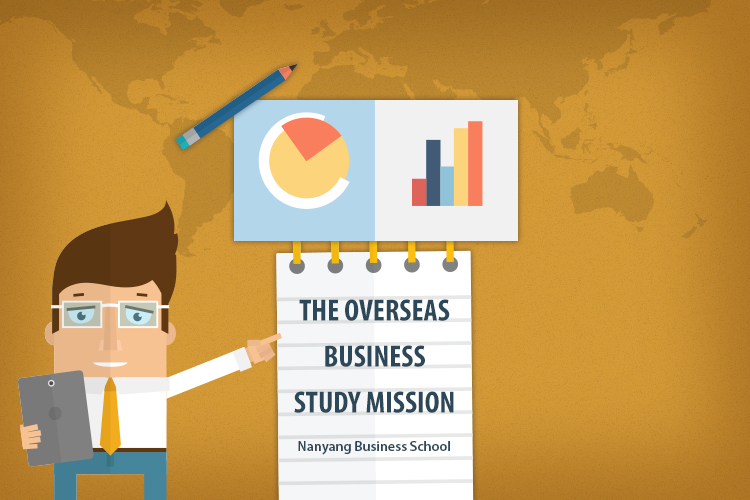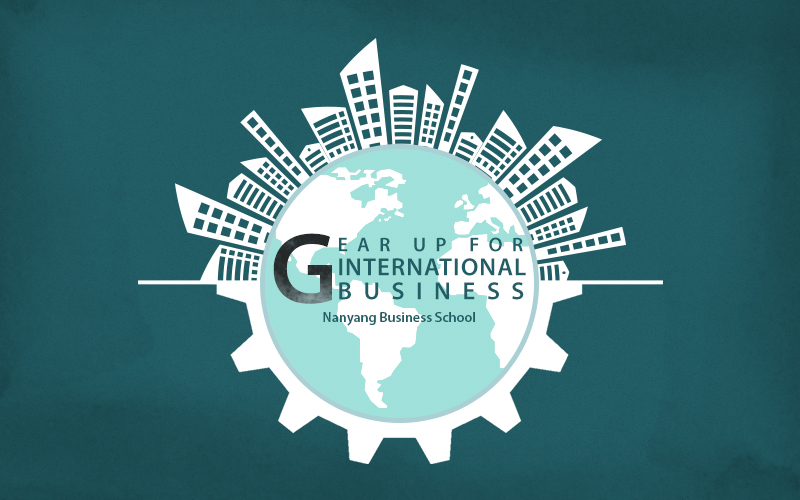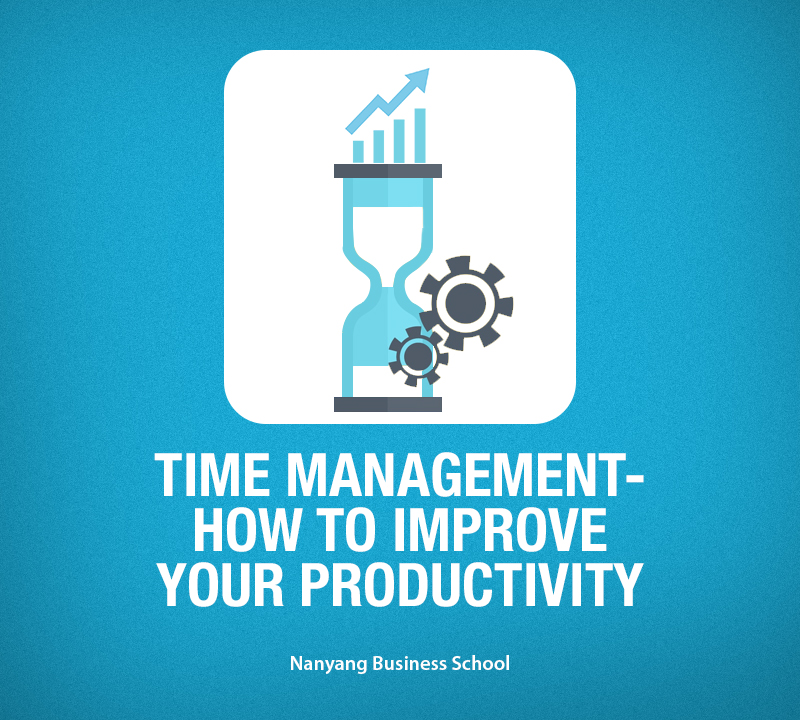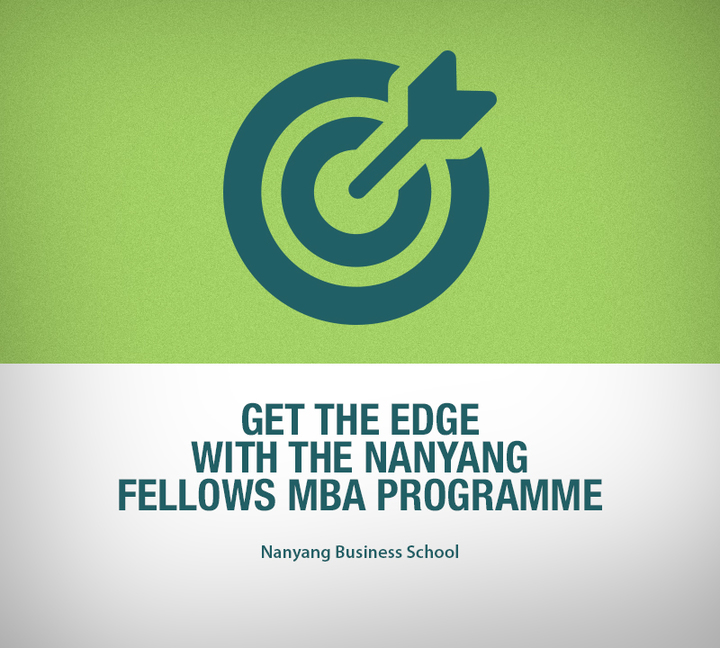
How to Create Your 140 Character Elevator Pitch
Graduate Studies Blog

NANYANG MBA
How to Create Your 140 Character Elevator Pitch
There’s a lot happening every hour whether it is in your industry or in the economy or even the daily news. Time is money. Prospective employers need to know what you can offer them as soon as they meet you. That’s why you need an elevator pitch. An elevator pitch is where you sell yourself without making it seem like a memorised speech where you end up gulping for air. A good one combines elements that enable further conversation. With creative Twitter bios being a topic of interest lately, a 140-character elevator speech sounds like a good thing to have.
Here’s how you can craft it:
- Identify Your Niche
When you meet somebody at a networking event, what is the first thing that you’d want them to know about you? “Hi, I’m a marketing executive.” That sounds boring and doesn’t give enough details. Choose words that tell them how you stand out in the crowd. Remember that it is a conversation – not a speech. Figure out what your niche is. Ask yourself what value you can bring to them and what value you have been bringing to your current clients. Your pitch needs to make them ask for more details, so it better be interesting. For example, you could say that you are a marketing executive who has spearheaded XYZ campaigns that changed the lives of heart patients in China. Focus on what you have done as an individual to deliver results.
- Summarise Your Experience in a Nutshell
Your concise pitch must give prospective employers a picture of what you have done so far in your career. You won’t have time to list off all of your companies or roles. Instead, you need to summarise your experience. Highlight what has been significant. This applies to the process of updating our résumés too; you can’t give somebody a six-page document, so you have to edit and prioritise while never letting your accomplishments be ignored. Ask yourself: What is my main ability? Maybe it is to design award-winning advertisements. Or maybe you have a knack for solving marketing issues. Put it together in a few words. Do not be too technical. For instance, you could have been a part of the world’s most popular cat food’s launch team. That’s big. But you cannot just say that you did that one thing. You need to add the other great things from your achievements and make it crisp.
- Communicate Your Reasons
Why are you delivering this pitch to this particular person? They need to know. You could be interested in being an investor in their company. Or you may be raising money and have equity to give. Your quick lines need to communicate your expectations clearly. Imagine ending your carefully practiced elevator pitch leaving the listener wondering, “Why did he just tell me all that?”
- Request a Follow Up
Confidence is a vital component of success. Nobody is telling you to talk big to the point that the person in the elevator thinks you are a show-off. Still, you need to let people know that you expect to meet them again to discuss things further. That involves ending your quick pitch with the exchange of business cards and expressing your desire to talk more. The elevator spiel is all about creating interest in you as a candidate. It is the first step that can make or break your relationship with this prospect.
The perfect pitch is one that will make the person listening to you think. It should push his mind into action as he tries to place you in a role in his company. A boring pitch will prove that you have nothing special to offer. And a highly technical one will make you seem like that’s the only skill you have. Let the few words convince them that you are versatile. Don’t forget: First impressions matter.
Here are a few examples to get you started:
The Marketing Professional:
Hi. I’m (NAME). I’m a marketing wiz at X. I had some thoughts on your recent (PRODUCT) launch. Could we set up a time to discuss it?
Hi. I’m (NAME). I’m the marketing guy who set up (COMPANY). I had some thoughts on your (CAMPAIGN). Could we set up a time to talk about it?
The Sales Professional:
Hi. I’m (NAME), Sales Brain at X. Singapore is my third stop in Asia and I’m glad we finally met. How about I stop by your office next week?
The Writing Professional:
Hi. I’m (NAME) and I run writersden.com. You’ve probably seen my latest book on the shelves. I help writers make money. Could we talk?
















You must be logged in to post a comment.